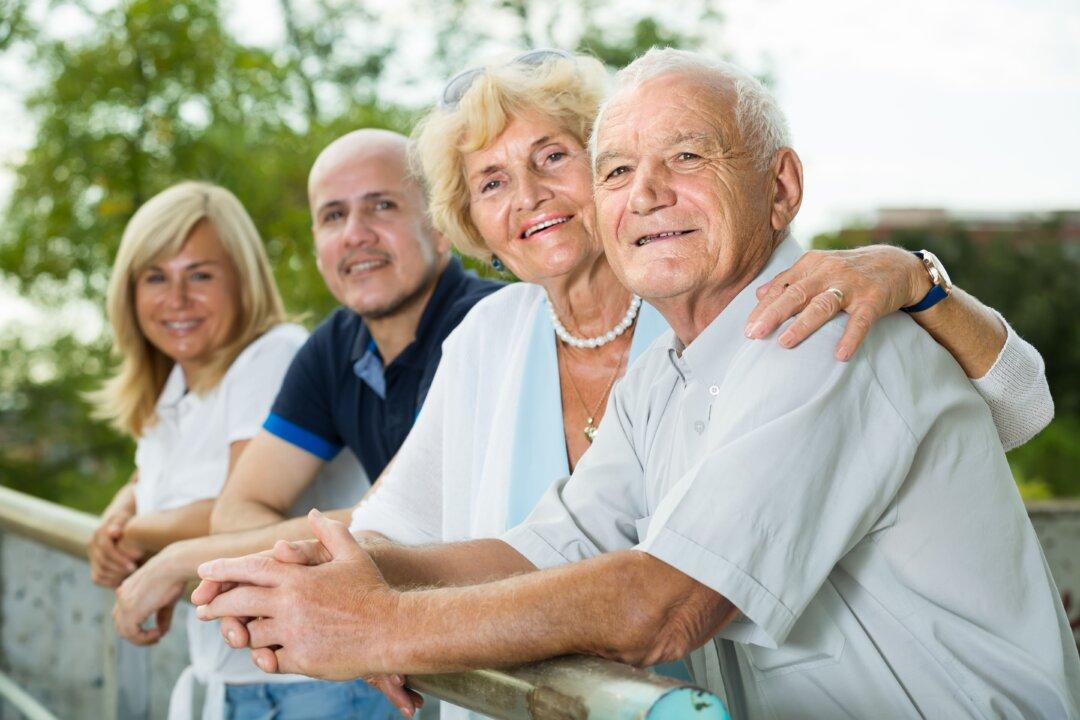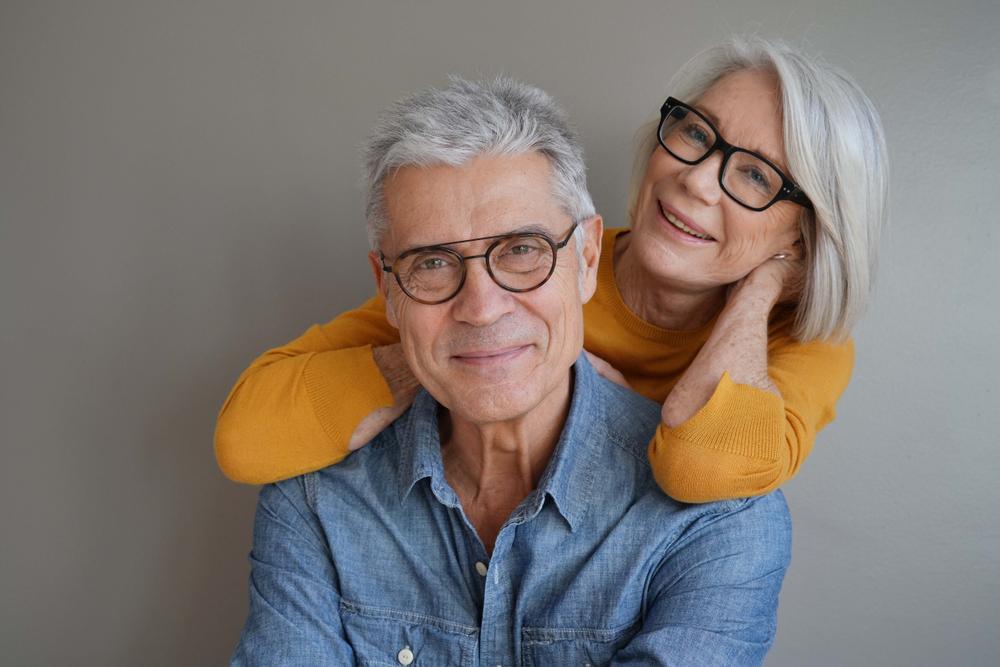Sometimes, findings from the research on well-being seem a bit obvious: Gratitude will make you happier; mindfulness reduces your stress; and it feels good to be kind.
But the findings of other studies are much more counterintuitive. This kind of research challenges how we think the world works. If we’re open to it, it can drastically change our day-to-day lives and our communities.





